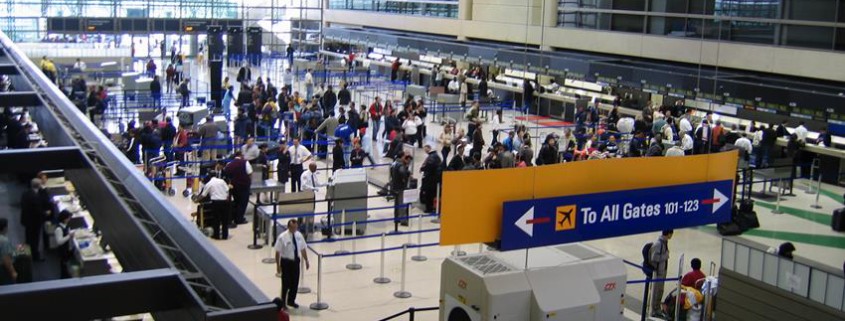Most Popular posts of 2014
The Most Popular posts of 2014: It’s always hard to predict what the reader wants to know. These posts hit a common nerve and you were interested in reading this. Here are the Top 10 most popular posts of 2014 (so far), and we don’t plan to stop posting more of these any time soon… Did you miss any of them? Which one was your favorite?
10. Arriving in Korea
You’ve waited weeks for this moment, perhaps even months. You have landed at Incheon Airport, and you’ve been told how to get out of the airport (take a bus into Seoul, look for someone holding your name when you come out of baggage claim, etc). But you probably have no idea what comes next, right?
Here’s how to make your first weeks after arriving in Korea a little less stressful.
9. The ultimate checklist
It’s crunch time, and you’re preparing to actually GO ABROAD! It probably feels like everything is happening way too fast… and truth be told, it probably is. With that in mind, here’s the ultimate checklist to help ensure that you have everything covered…
8. Weird facts about North Korea
According to Kim Jong-Il’s biography, he was born under a double rainbow as a new star appeared. He started to walk at 3 weeks old, and claimed to be able to control the weather by his moods. What are some other weird facts you’ve heard about North Korea?
7. Weird places in Korea
Yes, we know about all the must-do’s in Korea.. But how about the weird, the different, the unusual places in Korea…?
6. Useful websites in Korea
Are you new to Korea? Have you been here for a few years? Either way, we’ve found these useful websites in Korea to be super helpful in planning nights out, weekends away, or exotic trips out of the country. We hope this list will assist you as you create memories overseas!
5. What I wish I knew before coming to Korea
What I knew of the world changed during my first few days, weeks, and months in Korea. I did my research, but there were a few things that I missed. This is what I wish I knew before arriving in Korea.
4. Living cost in Korea
So you’re coming to Korea, and you’ll be earning around 2.0 – 2.1m KRW (average starting salary for a 1st year teacher). You’re probably wondering what your living costs in South Korea will look like, right? How much can you save? How much can you send home to pay off student loans? How much will you have in your pocket to spend on traveling?
3. Returning home after being abroad
Reverse culture shock, according to Investopia:
“The shock suffered by some people when they return home after a number of years overseas. This can result in unexpected difficulty in readjusting to the culture and values of the home country, now that the previously familiar has become unfamiliar.”
You just returned from a place that is very different. The language, the customs, the way of living… and now you’re “home.” But if it’s “home,” then how come I feel so… out of place?
2. Learn to read Korean
Did you know that you could Learn to read Korean in less than an hour?! This picture is famous for being a good way to learn to read Korean, in just 15 minutes… (Took some of us closer to an hour), but imagine spending 1 hour – and being able to save so much more time in the future, by being able to read!
And the most popular post of 2014:
1. What not to say to an expat
I’ve been gone for a while, and I know you don’t fully understand the ways that I’ve changed. So, to every expat-friend-and-family-member-ever. Here’s what NOT to say to an expat.
What topic will be more popular then this one? Let us know, and we might just write about that next!


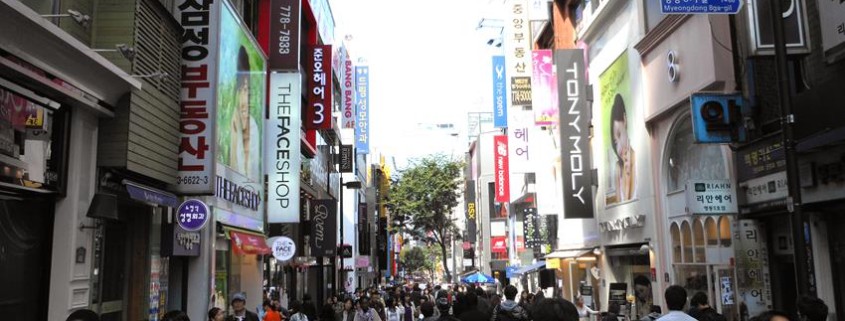
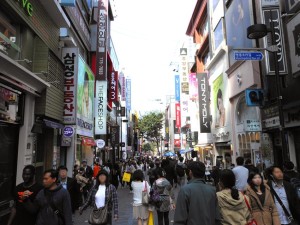

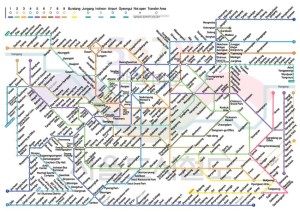
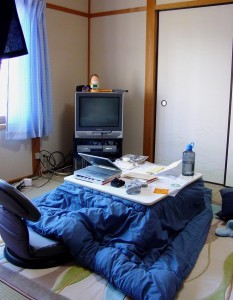 When you arrive at the airport, you can connect to WiFi while you wait for your next move (someone picking you up, or a bus). If you’re lucky, internet in your apartment will still be running from the teacher before you. Most will have to wait to get internet set up at home.
When you arrive at the airport, you can connect to WiFi while you wait for your next move (someone picking you up, or a bus). If you’re lucky, internet in your apartment will still be running from the teacher before you. Most will have to wait to get internet set up at home.